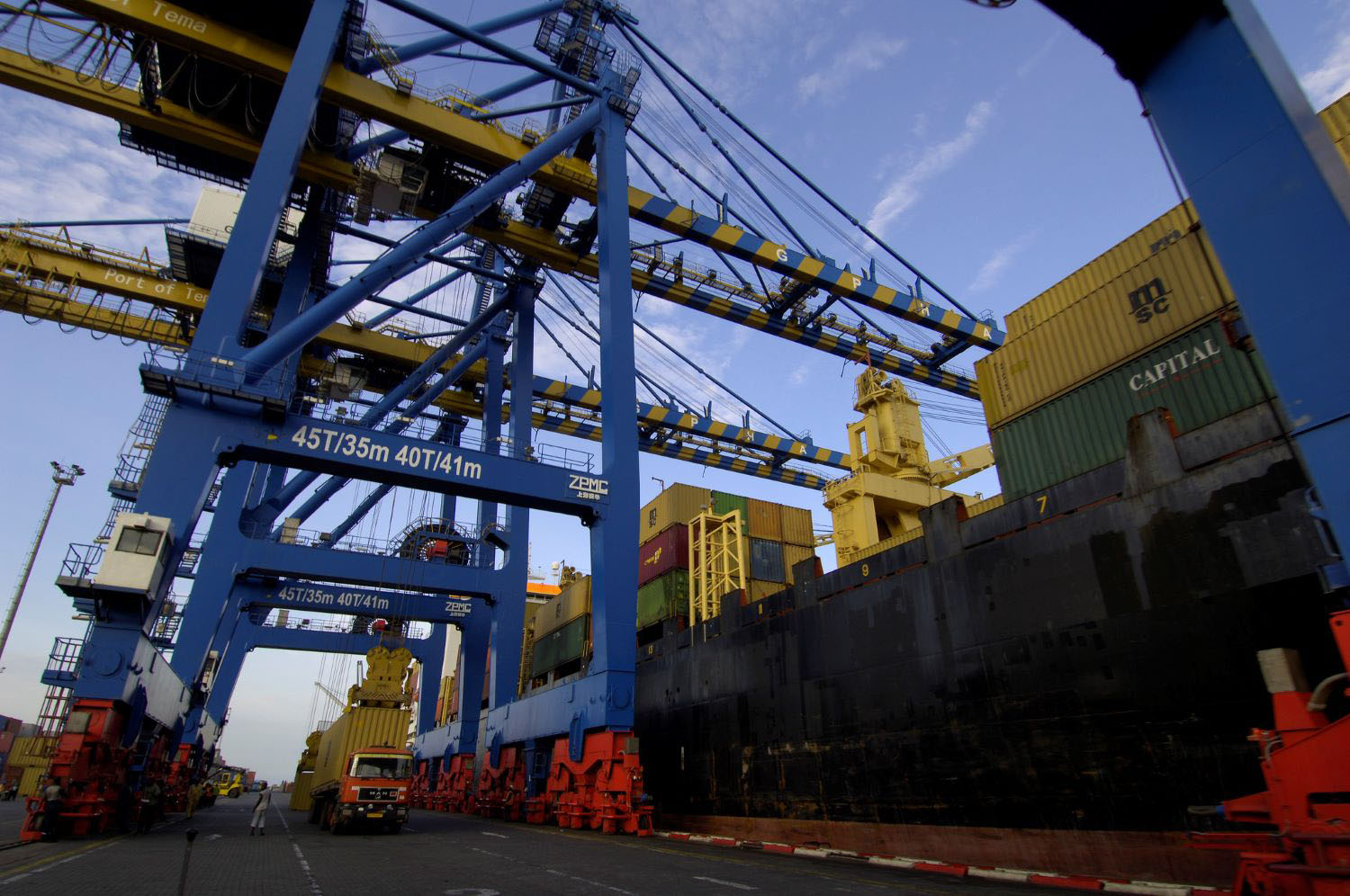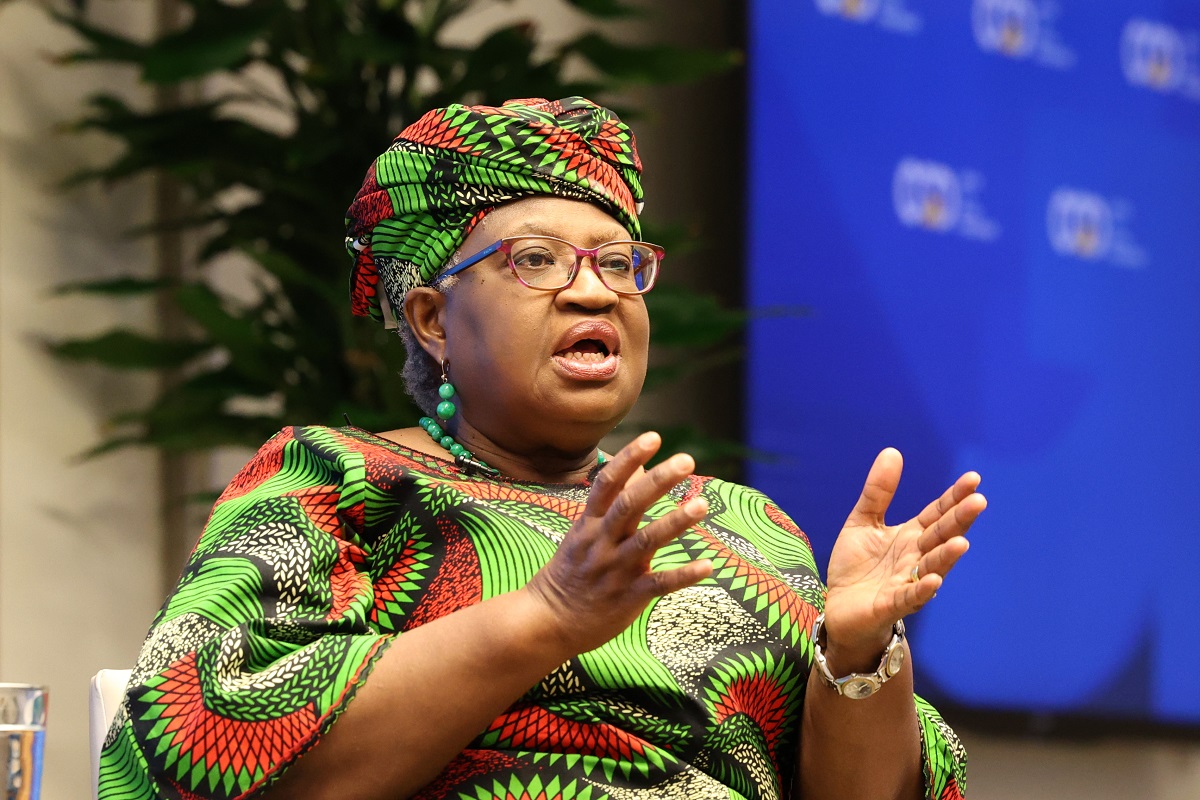The Doha Round of international trade negotiations collapsed yesterday and prospects for reviving it are dim. A key factor in the collapse was reportedly the insistence by developing countries, led by India and China, that they need maximum flexibility to protect their agricultural sectors for food security reasons and to protect subsistence farmers. In the end, a more fundamental reason seems to have been that India and China are growing rapidly and had little interest in whether the Doha Round succeeded or not. While those countries are big enough and strong enough to take care of themselves in a power-based trading system, the smaller developing countries that they claimed to represent will pay the price of their intransigence.Other important issues remained to be resolved, of course, but resistance to agricultural reform was the key stumbling block, as it has been throughout the 7 years of negotiation. In the current environment, this seems odd, as the New York Times noted this morning:"[S]oaring food prices provided another rare opportunity for a deal, since European and American farmers are prospering. It may never be easier to reduce farm subsidies [in rich countries]… .”In addition, many developing countries have been unilaterally cutting import tariffs to lower the price of imported food. But instead of making compromise easier, concerns about food security among developing countries, particularly India and China, made them even more reluctant to lock in any tariff cuts in the Doha negotiations. Developing countries with large numbers of rural poor need some policy flexibility, but the broad protection for virtually the entire agricultural sector that was sought by some developing country negotiators was more than what is needed to pursue the stated goals of food security and protection for subsistence farmers.Moreover, developing countries criticized the US offer to cut agricultural subsidies as insufficient because it would not cut into current payments, which are low because prices are high. In addition, the recent spike in commodity prices came too late in the writing of the US farm bill to reverse Congress's course of increasing subsidies, and that undercut the credibility of US trade negotiators. But the US offer on subsidies would have entailed real restraint on subsidies when it mattered most -- when prices fall. And a successful agreement would have locked in European Union reforms that have significantly reduced trade-distorting subsidies, including the elimination of export subsidies.The deal that was emerging in Geneva would, thus, have had tangible if modest economic benefits for most developing (and developed) countries. Of more concern than those losses is the risk that smaller, poorer developing countries will suffer if Doha's failure leads to further erosion of the rules-based international trade system and negotiation of yet more bilateral and regional trade deals from which they will mostly be excluded.
CGD blog posts reflect the views of the authors, drawing on prior research and experience in their areas of expertise.
CGD is a nonpartisan, independent organization and does not take institutional positions.





